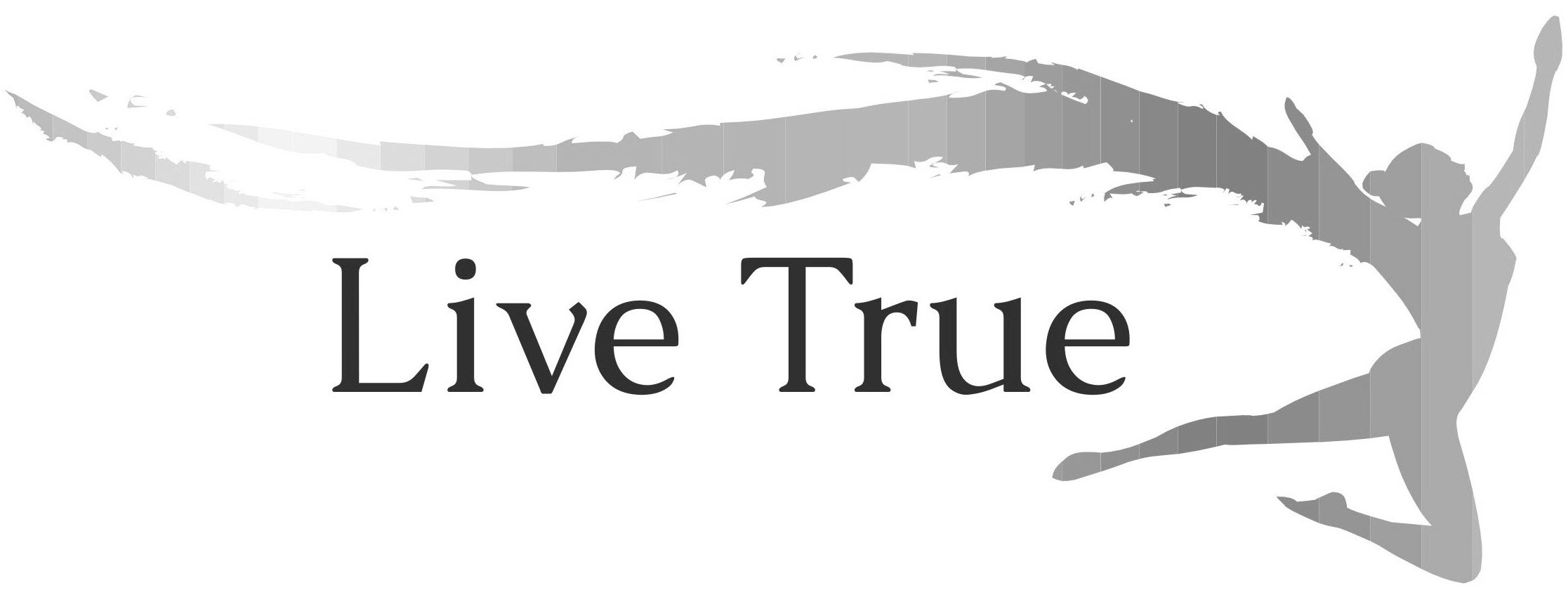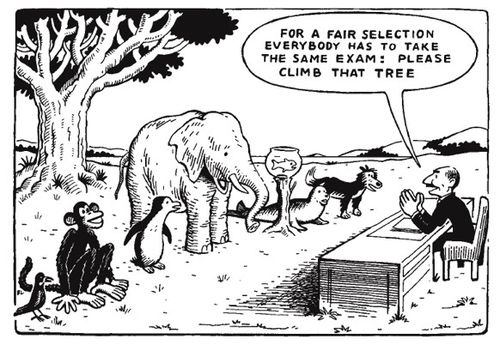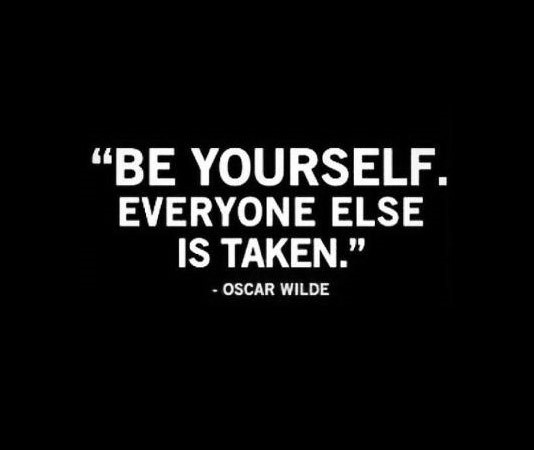Don't believe everything you think

Eight years ago I had a problem.
The problem was, I had absolutely no idea I had a problem.
I was busy living my life completely oblivious to the fact that this problem existed and that it was influencing every single decision I made and all of my behaviours.
That sounds weird right?
But if was from this place of total ignorance that I started a certification programme to become a coach.
You may picture me now. I was very excited!
I was about to learn tools and techniques to help people overcome barriers and achieve their full potential, and I was thrilled at the prospect.
A few months into the course the time came to start practicing the tools I’d been learning with my coaching course buddies.
And so it was that I found myself one cold Winter’s evening huddled in the corner of a Costa Coffee with a coach friend as she practiced our new learnings on me.
And then it happened.
The problem I’d been blissfully ignorant of was suddenly staring me in the face in full-blown technicolour.
It seemed, without being aware of it, that I was a closet control freak.
Now you might be thinking, “Oh, is that it?” but permit me to paint you a picture.
That night it became apparent I held a very strong limiting belief that control equalled success.
It meant I genuinely believed I had to control absolutely everything in order for it to work and be successful.
In hindsight this thinking is utterly ridiculous and more than a little arrogant, but it’s what I believed nonetheless.
It’s what my experience had taught me.
The result of this thinking was that I was a total pain in the arse to be around and I was permanently stressed to high heaven.
This belief pervaded everything. It influenced the way that I worked and it had a negative effect on the team that worked for me.
It also impacted my family and loved ones as I tried to control the world and needlessly suffocated everyone in the process.
This belief held me back in major ways both personally and professionally, but that wasn’t the worst of it.
The craziest thing of all was that it simply wasn’t true.
Control didn’t equal success. It was just a belief my mind had latched on to and treated like the truth because it meant I didn’t have to be vulnerable. Because vulnerable was risky.
Now the reason I am sharing this story with you is that unfortunately, this experience isn’t unique to me.
I’m not suggesting for one minute that you are a control freak like I was, but what I am saying is that every single one of us is likely to nurse at least one limiting belief that holds us back, whether or not we are aware of it.
No-one is immune because it’s part of the human condition.
If you are wondering if this is true for you, there’s a quick way to find out.
Think for a moment about something that is your true heart’s desire. Something that you’d really like to achieve, and that you feel emotionally connected to.
For example, do you want to find the right partner, build deeper friendships, get fitter and healthier, learn a new skill, develop more meaning in your work?
Perhaps you want to write a novel, set up your own business, re-connect with your spouse or kids or learn to meditate effectively?
As you consider your chosen goal, take a moment and embody your inner critic.
I want you to really go to town. Be the devil on your own shoulder and make a list of all the reasons why you might not be able to have or achieve what you want.
Focus on the reasons that relate to self-judgement, what you imagine other people will think, or the way the world works.
Examples might include but are in no way limited to:
- I’m not good enough
- I’m not worthy
- I’m not smart enough
- I’m too old
- They’ll think I’m crazy
- I can’t compete
- Others have more time/money/skills
- I won’t be supported
- It’s all about who you know
- Only extroverts succeed
- I need the top qualifications
- The good guys never win
Just go with what the voice inside says about why your goal is difficult or impossible to achieve, and write down any reasons that surface.
There.
Any reasons you’ve just listed are 100% likely to be limiting beliefs.
Now I don’t doubt that they probably feel very real and true to you, but I can promise you this.
Like my own limiting belief that control equalled success, they are a mirage.
They are thoughts conjured up by your brain in a well-meaning but mislead attempt to keep you safe and secure.
It’s your natural survival mechanism.
Your brain wants to protect you. It uses limiting beliefs and fear-based thoughts to keep you in the perceived safety of your status quo.
It effectively stops you from doing things that feels scary, hard or uncertain, so you never take steps into the unknown and move towards what you truly want.
This reality begs two vital questions:
- How exactly does your brain work against you?
- Is there a way to beat your brain at it’s own game?
My next two blogs will answer these questions.
Spoiler alert: The answer to question two is yes!
Oh, and in case you were wondering, I have resigned as CEO of the world 😊
Recent Posts

Pursue heartfelt happiness, above all else. Jeremy’s example to us all
Learning to reshape happiness for me These show notes give you some cliff notes as to what this episode is all about. This makes it

Proud to be 100% myself. How My Values Define Me
Values fuel aligned decisions If you ever needed a confirmation that making bold moves by listening to your instincts and being true to your own

‘Let’s Pretend’. How I retrained to become a Nutrition Coach
Treat discomfort as a teacher Do you dream of making heartfelt, purposeful change, but struggle with fear, self-doubt and procrastination, which ultimately stops you going





